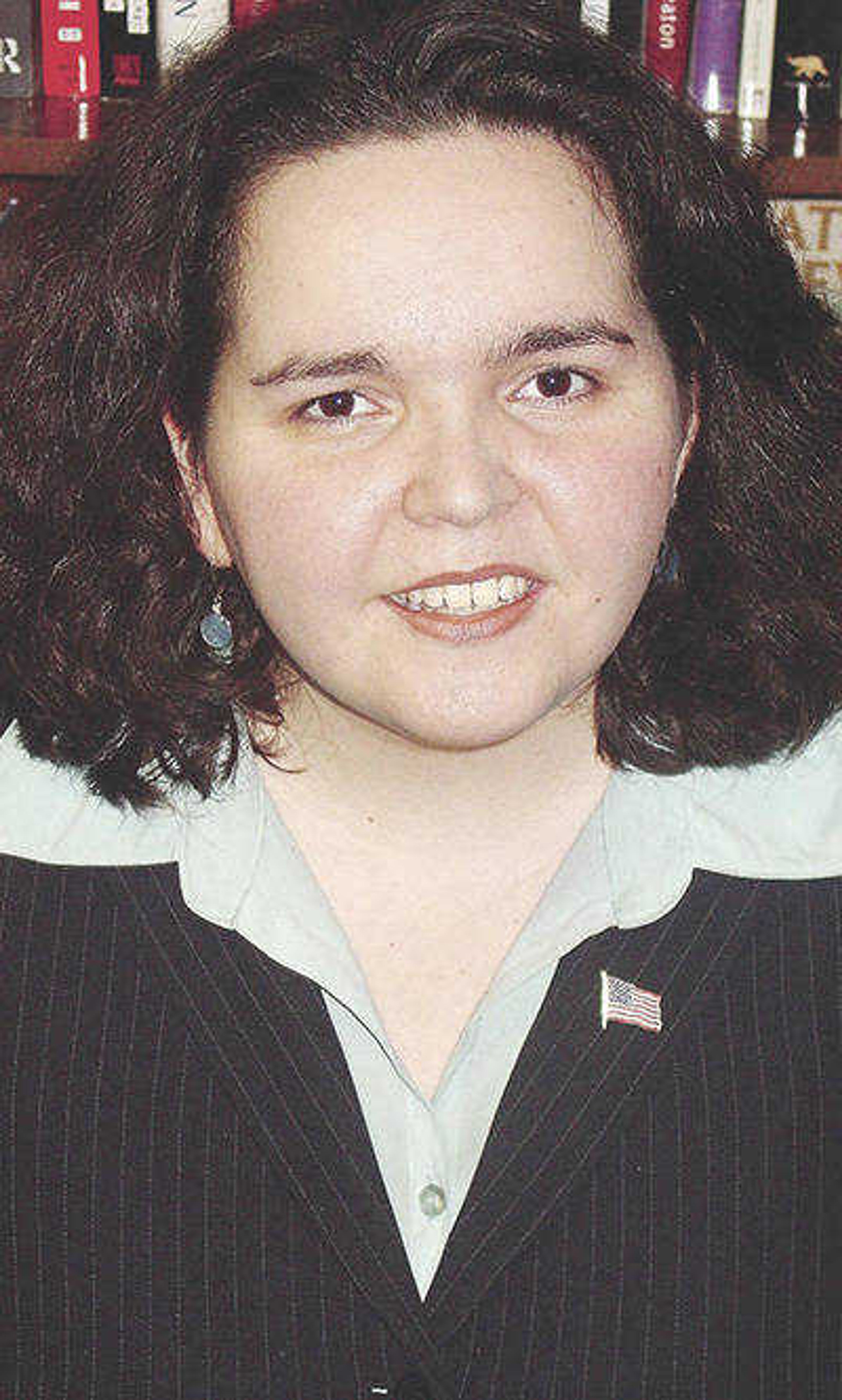You got to pray just to make it today
President Joseph Biden mentions his Catholic faith frequently. We've heard him cite both Pope and Saint Francis. At his inauguration, he ran through a litany of promises about love, healing and decency, and other things no one could object to, prefaced by: "Before God and all of you I give you my word." But when it came time for his first proclamation for a National Day of Prayer, his administration chose to leave God out of it...
President Joseph Biden mentions his Catholic faith frequently. We've heard him cite both Pope and Saint Francis. At his inauguration, he ran through a litany of promises about love, healing and decency, and other things no one could object to, prefaced by: "Before God and all of you I give you my word." But when it came time for his first proclamation for a National Day of Prayer, his administration chose to leave God out of it.
There was mention of racial justice and climate change, but never the three-letter word that acknowledges that there is something more that our country is founded on -- and is the reason we even exist. Quoting the late Rep. John Lewis, Biden called people "the most dynamic link to the divine on this planet." In this framework, the National Day of Prayer then, is about us, not God.
As churches were closed for worship during the COVID-19 lockdowns, the priests and other ministers who kept serving are the uncelebrated heroes -- essential workers -- of the pandemic. They went into hospitals. They checked on parishioners. They did everything they were allowed to do to safely give people access to Confession and the Eucharist. After what we as a nation have been through, we should be celebrating prayers, churches and God, not ignoring them or watering them down.
When Pope Benedict XVI, now pope emeritus, was head of the Congregation for the Doctrine of the Faith at the Vatican, it issued a letter on what prayer is. "(P)roperly speaking," it is "a personal, intimate, and profound dialogue between man and God. ... This communion, based on Baptism and the Eucharist, source and summit of the life of the Church, implies an attitude of conversion, a flight from 'self' to the 'You' of God."
That's powerful stuff -- though obviously Christian, and in a Catholic context. But doesn't all prayer need to include that kind of humility? And an acknowledgment that our lives are not our own? Isn't that one of the lessons of the past year? We are mutually vulnerable, and we can turn to God for meaning and direction.
But much of Biden's prayer proclamation was all about us, our comfort and our agendas. This is not a Republican vs. Democrat kind of a thing; practical atheism is a plague. President George W. Bush had the right idea in his 2006 proclamation, citing George Washington: "It is the duty of all nations to acknowledge the Providence of Almighty God, to obey His will, to be grateful for His benefits, and to humbly implore His protection and favor." Now there's a posture that will get us outside of our heads and false comforts.
Here, for what it's worth, is what Mother Teresa said about prayer: "Prayer, to be fruitful, must come from the heart and must be able to touch the heart of God. See how Jesus taught His disciples to pray. Call God your Father; praise and glorify his name. Do His will as the saints do it in heaven; ask for daily bread, spiritual and temporal; ask for forgiveness of your own sins and that you may forgive others, and also for the grace not to give in to temptations and for the final grace to be delivered from the evil that is in us and around us."
Humility is key to prayer. A White House proclamation isn't a theological treatise, but I do wonder if this year's betrays our warped view of religion. Prayer isn't about us so much as it is about God. It's not about our agendas. It's an acknowledgment that there is so much more to our day and our lives than what is on our calendars.
If we got the National Day of Prayer wrong, today is another day. And always remember the Sabbath. It could change our lives and the world. It's not all about us; God reorients things when we give Him time.
klopez@nationalreview.com
Connect with the Southeast Missourian Newsroom:
For corrections to this story or other insights for the editor, click here. To submit a letter to the editor, click here. To learn about the Southeast Missourian’s AI Policy, click here.










